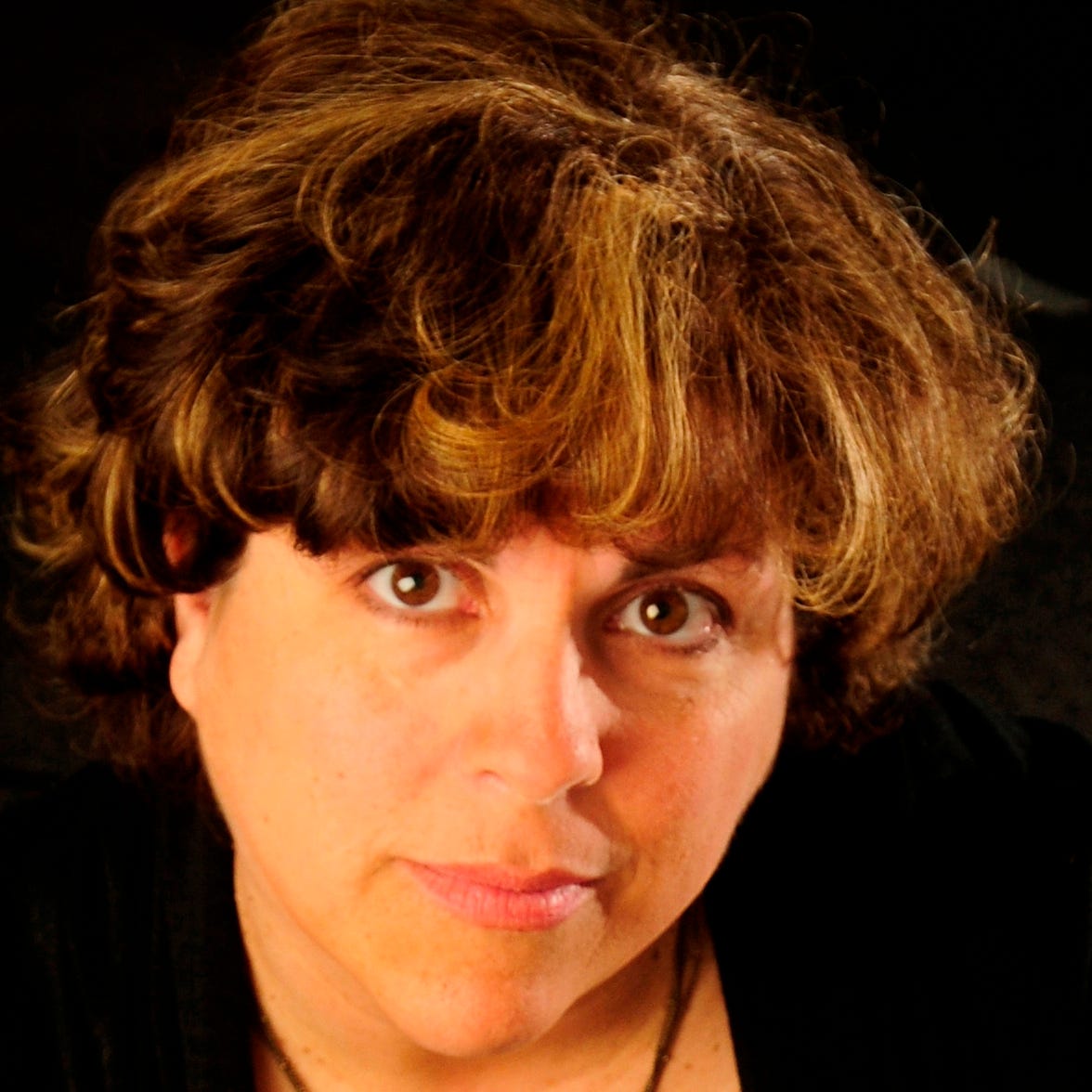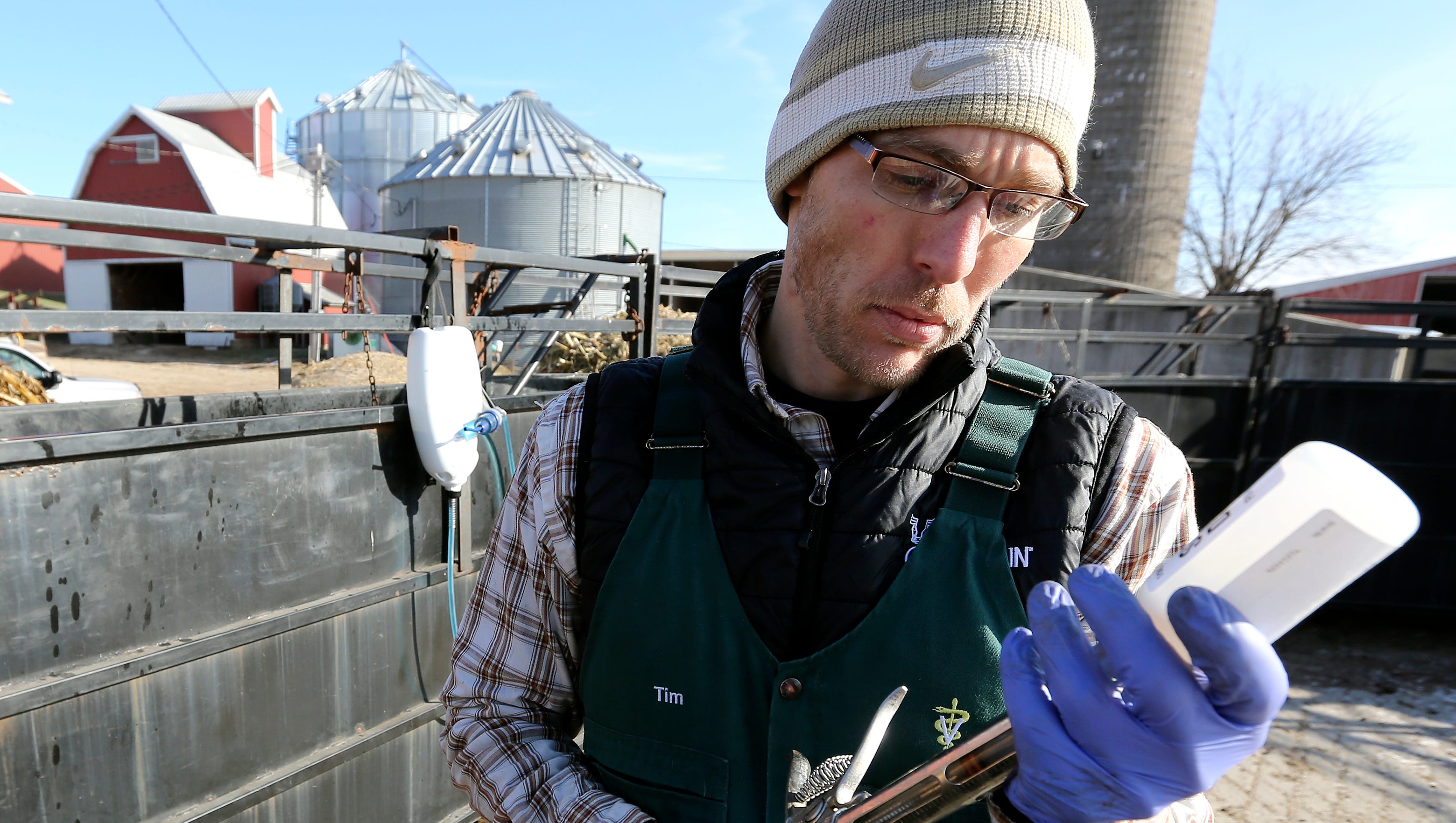Alarming suicide rates reflective of stresses felt by veterinarians
 Colleen Kottke
Colleen Kottke
This is the third in a four-part series, “On Call: Vets Under Stress”, that explores the pressures and overwhelming challenges facing those who choose a career in providing care for our animals.
Weighted down by crushing student debt, the compounding effects of compassion fatigue and grueling work schedules, veterinarians are committing suicide at alarming rates, often using the same drugs used to end the suffering of their animal patients.
According to American Medical Veterinary Association (AMVA) statistics, 1 in 6 veterinarians have contemplated suicide. A report released last year by the AMVA in partnership with Merck Animal Health, veterinarians are 2.7 times more likely than the general public to die by suicide.
These grim statistics became personal to the Wisconsin veterinarian community when 36-year-old colleague Josh Smith, DVM, took his life on March 2, 2021. Smith had worked as a critical care specialist in Madison at VCA VESVSC for five years before moving on to an academic position as an Assistant Professor at UW Madison in October 2020, teaching and training veterinarians in critical care.
Organizers of a GoFundMe account established in memory of Smith and to aid his surviving fiancée and her children, intimated that financial difficulties weighed heavily on Josh's mind.
"The uptick in veterinarian suicides has been on the forefront especially with the loss of Josh," said Osseo-Augusta Veterinary Clinic veterinarian Meg Mueller. "It's on everyone's minds to be cognizant on how we take care of ourselves and each other. The question is, how do we handle that best?"
The pressure of becoming a veterinarian starts long before they earn their first paycheck. Competition to get into veterinary school is nearly as intense as those vying to be accepted into medical school.
"Most of us entering the field of veterinary medicine are Type A personalities, very driven perfectionists," said Becky Krull who has practiced veterinary medicine in the Green Bay area for 16 years.
Buried in debt
With most new veterinarians saddled with six figure debt right out of veterinary school – the AMVA estimates that 1 in 5 graduates leave school with more than $200,000 to pay off. Compared to starting salaries of large animal practice veterinarians falling between $60,000-70,000, the debt to income ratio can be a hard hill to climb.
"Students unfortunately don't have a great understanding of the debt they're going to be coming out of school with and then there's the reality of what they deserve and what they actually earn," Mueller said.
The pressure of that debt to income ratio slowly compounds with additional stressors of the job – long hours and, at times, a demanding clientele.
"A lot of times we hear that we're in this profession for the money. That's anything but the truth. But we're a cash-based, non-insured type of industry compared to the human medical field," Mueller said. "Unfortunately a lot of our clientele doesn't understand that aspect of what our industry is. But we have to keep the lights on and pay our employees."
Because some animal owners cannot or refuse to pay for medical treatment for their animals, many veterinarians are forced into moral dilemmas – a difficult predicament for someone who aspired to help animals, not destroy them.
"Often we know we can save an animal's life but instead someone chooses not to and now I'm forced to do things that morally I can't do. That's mentally hard to take," said Krull who is a partner at Green Bay and Allouez Animal Hospitals.
Online attacks
And disgruntled pet owners may take to the internet to launch online attacks on the clinic or the veterinarian themselves.

Compared to their counterparts in dental or medical practices, veterinarians are more likely to be victims of cyberbullying. A 2014 survey by the AVMA found one in five veterinarians were either cyberbullied by pet owners, who would post detrimental reviews online, or knew of a colleague who had been attacked.
"(The internet) has opened an avenue of attack that's unprecedented in other professions. Because we're a business, we're often ridiculed for our prices or staff or you name it," Krull said. "(Online attacks) have destroyed businesses and if you're already in a fragile mental state it can really bring you down. It has driven veterinarians to leave the business or even take their own lives."
Krull says that veterinarians may view death differently because they have the gift of euthanasia for their patients, and have ready access to those medications.
"We see them as a way to end suffering. And on a mental health basis, if a veterinarian is suffering, they know how to end it," she said.
Work-life balance out of whack
Krull says the workload expectations in the 1980s were unrealistic. It was not uncommon to work seven days a week and be on call 24 hours a day for emergencies - even on Christmas Day, she says.
"We called it the 'old man's game'. Those expectations were so high, and they set that standard and ended up burning themselves out. No one can function at that level over and over again," Krull said. "Even if you're passionate about your job, you have to step away from it."
When Krull joined the practice, her male business partner routinely worked every day and took emergency calls after hours and on weekends.
"There was an emergency center in the Green Bay area so he eventually agreed to back off a little and not take emergency calls after hours and on weekends, but we were still open Monday through Saturday," said Krull who was working 70-80 hours a week at the time.
MORE: How to save a life
The pressure continued to mount, especially as Krull became a mother, working right up to the day of delivery. Three weeks after her second child was born, Krull returned to work, bringing her daughter along to the clinic.
"My receptionist cared for her while I saw patients and when she was ready to eat I would step aside and feed her, then give her back and go on," Krull said. "While I wouldn't recommend it, as a business owner I felt I had to be back to help the business run and be profitable."
Krull said her clients had no idea of her sacrifice.
"I became so good at wearing a mask that my clients had no clue I was struggling until I started talking about it publicly on my Facebook page," she said. "They were nothing but supportive and began sharing their stories. Here I was, suffering in silence not knowing that other people around me were having the same struggles."
Krull says she approached her partner about her fears of burnout, only for him to confess it had happened to him too. But he never talked about it, she said.

"That's where the stigma is greatest. I don't enjoy standing up in front of complete strangers saying I had a mental health crisis in 2016, but when I did, others started talking about it," she said. "We shouldn't be ashamed. And the more we share those stories with each other, the more it starts to heal us."
As Krull began her personal journey to regain her footing and restore her joy and passion for her profession once more, she discovered a new role as a motivational speaker: to help fellow veterinarians reclaim balance in their professional and personal lives.
MORE: Many Midwestern communities suffer from veterinary clinic shortages
MORE: Rural vet practices challenged with investing in staff retention
MORE: Veterinarian grads struggle to pay off student loans in rural areas
MORE: Female veterinarians say gender disparity remains an uphill battle
"My executive coach said it was apparent that I was passionate about this topic and one thing lead to another," she said. "I reached out to my drug reps who were willing to invite me to speak at a luncheon or clinic and it snowballed. And now I am often asked to speak on wellbeing in the workplace. I love talking to other vets and staff about conquering the struggles and stresses that being a compassionate caregiver involves."
As a practitioner, Krull says she is all about preventative care. And the time to focus on that is long before a crisis rears its head.
"The last 5 years people have really woken up to this, but raising awareness should start the minute we enter vet school. We need to learn the tools to help us manage the very stressful profession we've chosen," she said. "Had I had these tools much earlier in my career, I don't think I would have gotten to the low point that I did."
Mueller says that one skill that veterinarians must embrace and enforce is setting boundaries.
"That work-life balance is something that's really important to find and as the giving people that we are in this profession, many find it difficult to say no. Several of my classmates are not practicing anymore for a lot of those reasons. The lack of quality of life and stress was just too much," Mueller said. "It's sad when that happens because burnout is real. And as an industry we need to start working towards change. We can't just keep saying that this is how we've always done it.
Mueller is honest with students about the rigors of her profession.
"I tell them that this job is hard and it takes all of you to be able to do it. This job is more of your life than just a job, whether we're willing to admit that to ourselves or not. And sometimes it's a detriment to ourselves when we don't step away from some of it," Mueller said. "I've had conversations with former classmates and colleagues that say sometimes you have to be willing to walk away and find the right situation that's out there."
Time for change
Both Krull and Mueller say it's time for change...and not too soon. With the profession becoming increasingly female-dominated and women more likely to consider suicide than their male colleagues, it puts a whole new dynamic – and urgency – on what's happening across the industry.
The majority of positions in their respective clinics are staffed by women, many of whom are raising families.
"I want to be that business owner that changes the business model, that maybe we need to adjust some things so that all of us – including the dads – can make it to a baseball game, have time to nurse or celebrate their children's birthdays," Krull said. "But just because you don't have kids, doesn't put you at a less ability to have a life, or be free to have time away or take a vacation. I do think that 'male-driven business model of the 1980s' is looking very different today. But it's ok to change that to fit what we need."
Just a year and a half ago, Krull says she convinced her (now retired) partner to close the clinic on Saturdays.
"I finally convinced everyone that 40 hours a week was enough. Now all the doctors work just four (albeit long) days a week but something amazing happened: we didn't get much pushback from our clients and our productivity went up," Krull said. "There are plenty of studies that say happiness equals productivity. And by backing down our hours, we actually made more money and are happier people."